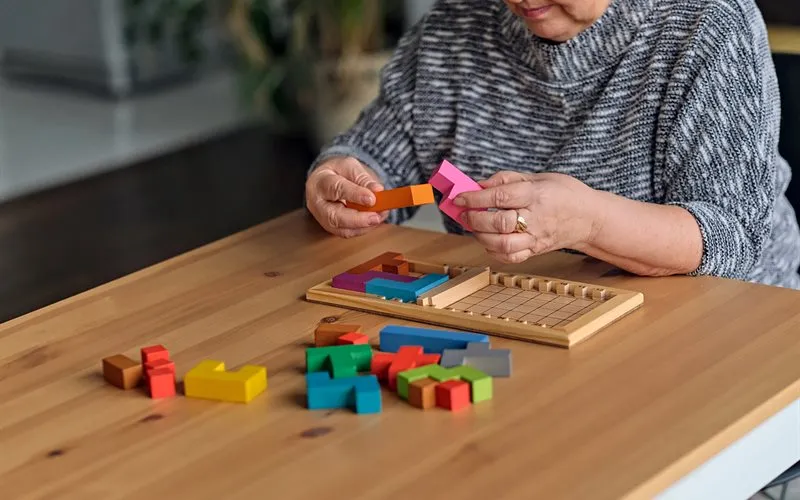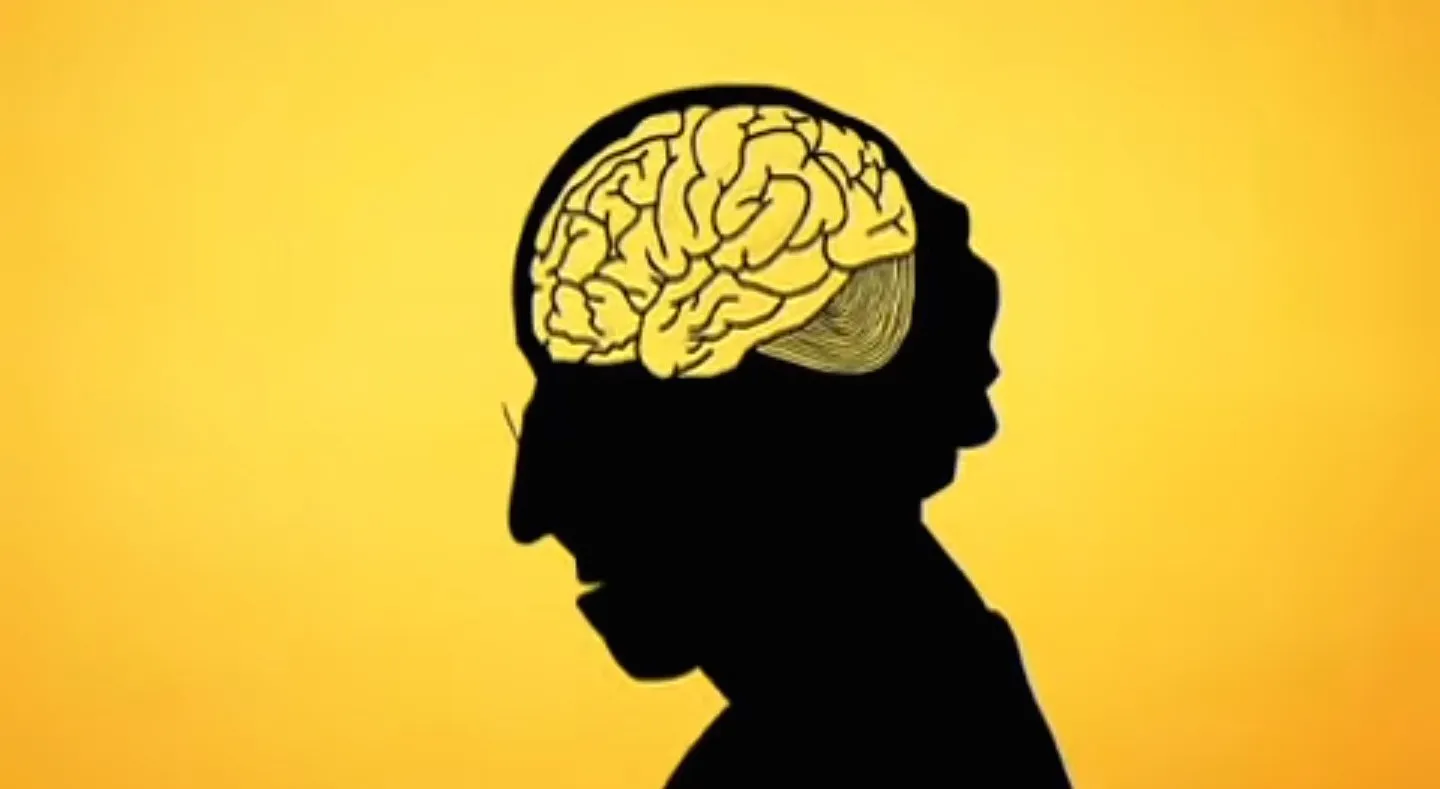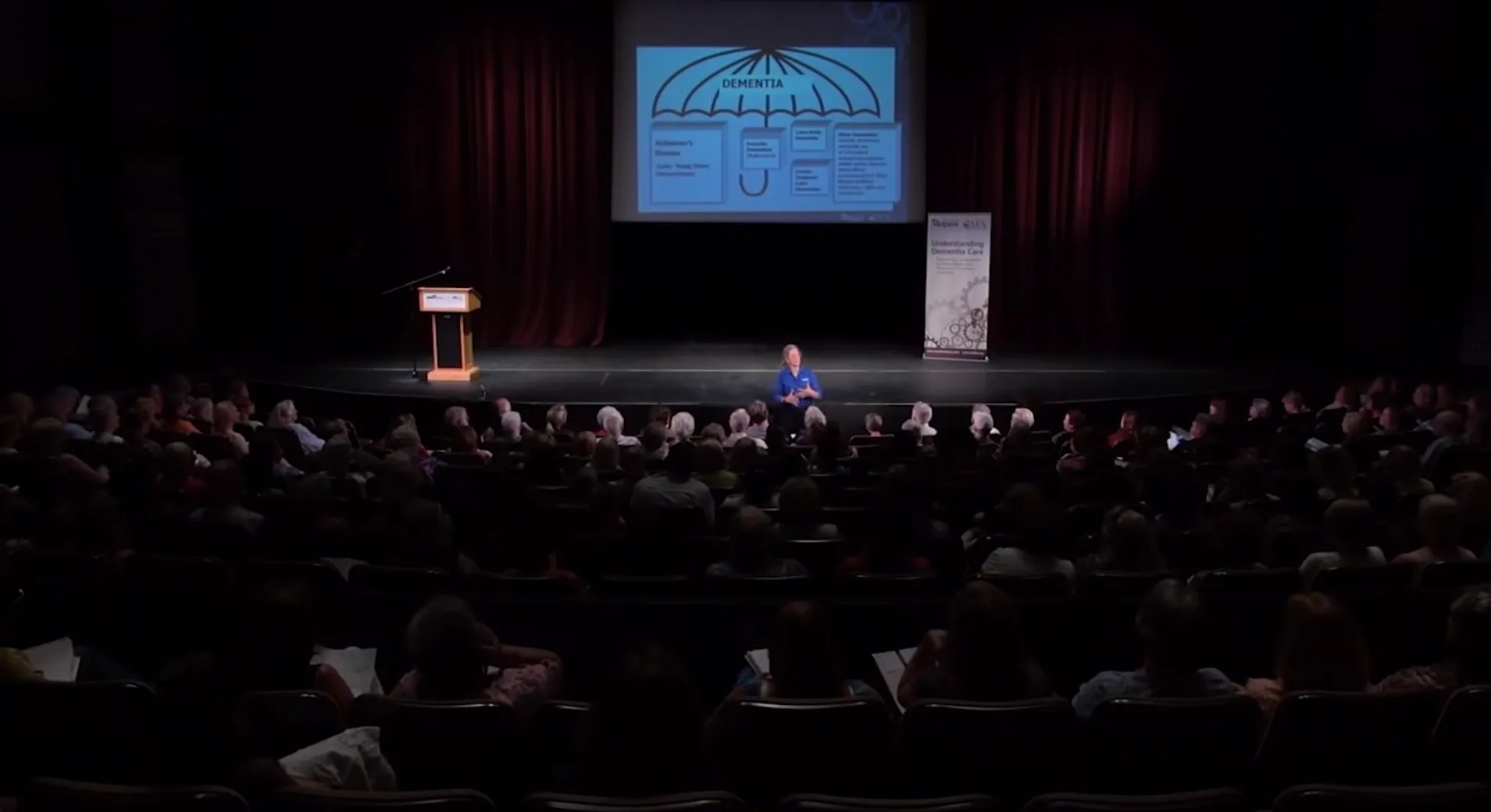Choosing A Memory Care Facility
You are not alone. Caring for someone with dementia at home is by far the biggest challenge for family caregivers. Please don’t feel guilty that you are considering memory care. Taking care of your loved one does not mean that YOU must take care of your loved one. It often means letting trained professionals do the job. Remember, you need to take care of yourself.
70% of our practice at Assisted Living Locators LA is memory care. Here is our approach to finding the right facility:
Stage 1
Mild Cognitive Impairment or Early Dementia
Symptoms
Short-term memory loss, difficulty paying bills, and following multi-step instructions. Repetitive questions and conversations. Frustration.
Best Facilities for Stage 1
A memory care environment that caters specifically to high-functioning seniors with a dementia or Alzheimer’s diagnosis. In the early stages, programming to slow the decline of brain function is key. We recommend communities offering positive social engagement opportunities and engaging activities with people who are at a similar cognitive level.
Stage 2
Moderate or Mid-Stage Dementia
Symptoms
Loss of time and place orientation, forgetting parts of their history, hands-on help with activities of daily life such as getting dressed. Sometimes persons with moderate-stage Alzheimer’s will hallucinate, have delusions, or paranoia. May be exit seeking.
Best Facilities for Stage 2
This is the toughest stage for placement because the person is usually in transition and from person-to-person needs can vary greatly. Depending on whether the decline is physical, cognitive, or both we assess to determine whether a small board and care home or a larger unit with more activity is appropriate.
Stage 3
Late-Stage Dementia
Symptoms
Loss of awareness of events and surroundings. Totally dependent on others for physical care. May be non-verbal. Unable to walk or eat without assistance. Near the end, may be in bed most of the time as the body shuts down.
Best Facilities for Stage 3
Hands-on, close supervision is required for this level of care. We recommend board and care homes for people with late-stage dementia. Board and care homes are limited to six residents. The good ones we work with have at least a 1:3 ratio and specialize in the long-term care of people with Alzheimer’s and other types of dementia.
Most Common Types of Dementia Explained
Mild Cognitive Impairment
Cognitive issues not related to aging that are severe enough to be noticeable to other people, but not serious enough to interfere with daily life.

Dementia
Dementia is an umbrella term for a group of brain disorders. The major ones are listed below.
Alzheimer’s Disease
Memory Loss
Early Symptoms Include:
- Memory loss that disrupts daily life
- Poor judgment, leading to bad decisions
- Loss of spontaneity and sense of initiative
- Losing track of dates or knowing current location
- Taking longer to complete normal daily tasks
- Repeating questions or forgetting recently learned information
- Trouble handling money and paying bills
- Challenges in planning or solving problems
- Wandering and getting lost
- Losing things or misplacing them in odd places
- Difficulty completing tasks such as bathing
- Mood and personality changes
- Increased anxiety and/or aggression
Vascular Dementia
Speed of Thinking/Problem Solving
Early Symptoms Include:
- Confusion
- Trouble paying attention and concentrating
- Reduced ability to organize thoughts or actions
- Decline in ability to analyze a situation, develop an effective plan and communicate that plan to others
- Slowed thinking
- Difficulty with organization
- Difficulty deciding what to do next
- Problems with memory
- Restlessness and agitation
- Unsteady gait
- Sudden or frequent urge to urinate or inability to control passing urine
Frontotemporal Dementia
Behavior and/or Personality Changes
Early Symptoms Include:
- Behavior and/or dramatic personality changes, such as swearing, stealing, increased interest in sex, or a deterioration in personal hygiene habits
- Socially inappropriate, impulsive, or repetitive behaviors
- Impaired judgment
- Apathy
- Lack of empathy
- Decreased self-awareness
- Decreased self-awareness
- Loss of interest in normal daily activities
- Emotional withdrawal from others
- Loss of energy and motivation
- Inability to use or understand language; this may include difficulty naming objects, expressing words, or understanding the meanings of words
Lewy Body
Visual Hallucinations, Tremors or Rigidness
Early Symptoms Include:
- Changes in thinking and reasoning.
- Fluctuating cognition that is delirium-like.
- Recurrent well-formed visual hallucinations.
- REM sleep behavior disorder that involves acting out dreams.
- Spontaneous parkinsonism with slowness of movement, rest tremor, or rigidity.
Local Los Angeles caregiver resources
Alzheimer’s Los Angeles
4221 Wilshire Blvd # 400, Los Angeles, CA 90010
(323) 938-3379
Dementia workshops, counseling and support groups in a variety of languages.
UCLA Mary Easton Center
University of California, Los Angeles, 200 Medical Plaza Driveway Suite #365A, Los Angeles, CA 90095
(310) 319-3222
Diagnosis, medical resources and clinical trials.
USC Family Caregiver Support Center
3715 McClintock Ave, Los Angeles, CA 90089
(855) 872-6060
Support for family caregivers including social workers.
Alzheimer’s Association
9606 S Santa Monica Blvd #200, Beverly Hills, CA 90210
(323) 309-8821
National advocacy and research organization.
Leeza’s Care Connection
501 S Buena Vista St, Burbank, CA 91505
(818) 847-3686
Support groups covering a range of caregiver needs
Parkinson’s Community LA
(310) 880-3143
@PDCommunityLA
www.facebook.com/ParkinsonsCommunityLA
Support groups and information for Parkinson’s care partners and family
Check Out Our Memory Care Blog Posts
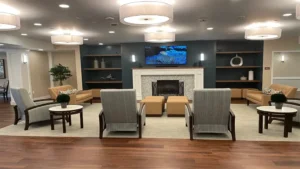
Tuesday, August 6, 2024
[Video Blog] Memory Care Facilities vs Board & Care Homes

Thursday, September 5, 2024
Under the Radar LA Senior Living Communities: Avenir Memory Care
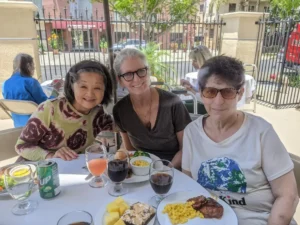
Sunday, June 16, 2024

